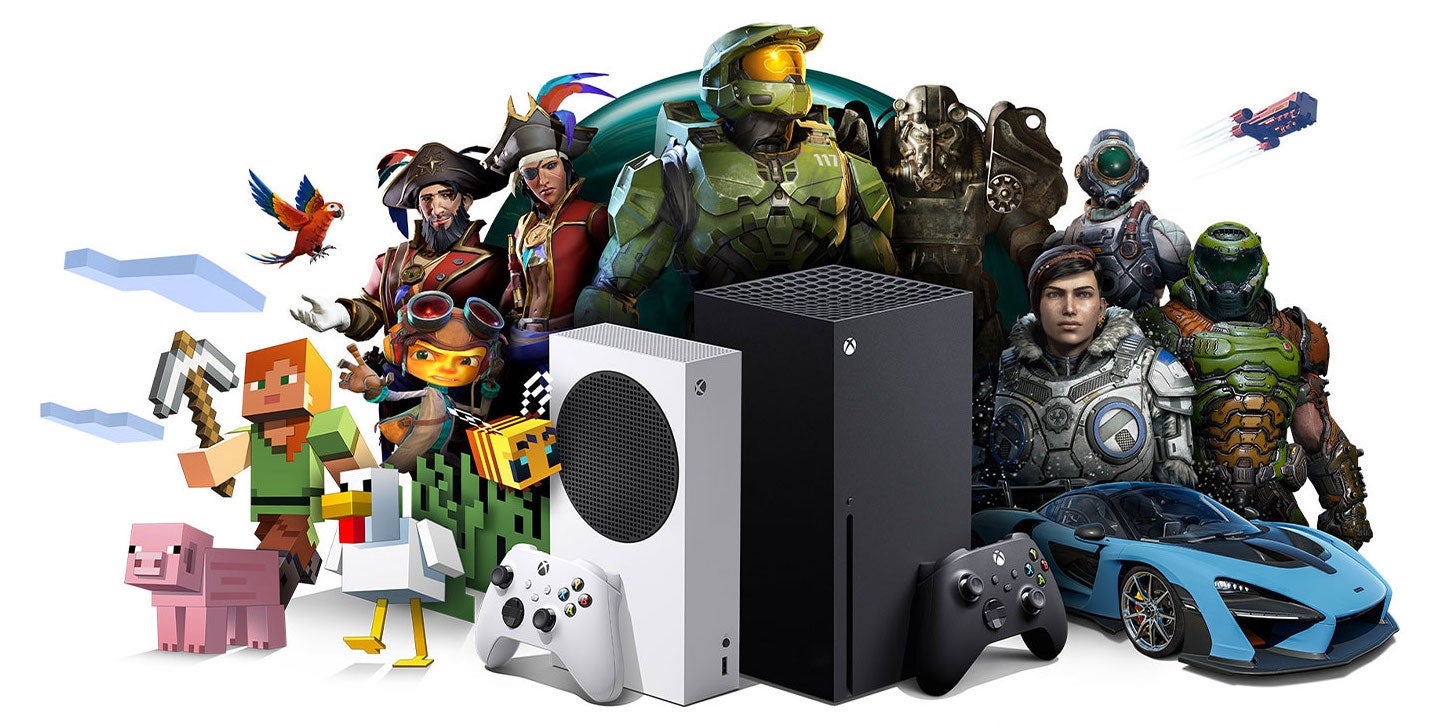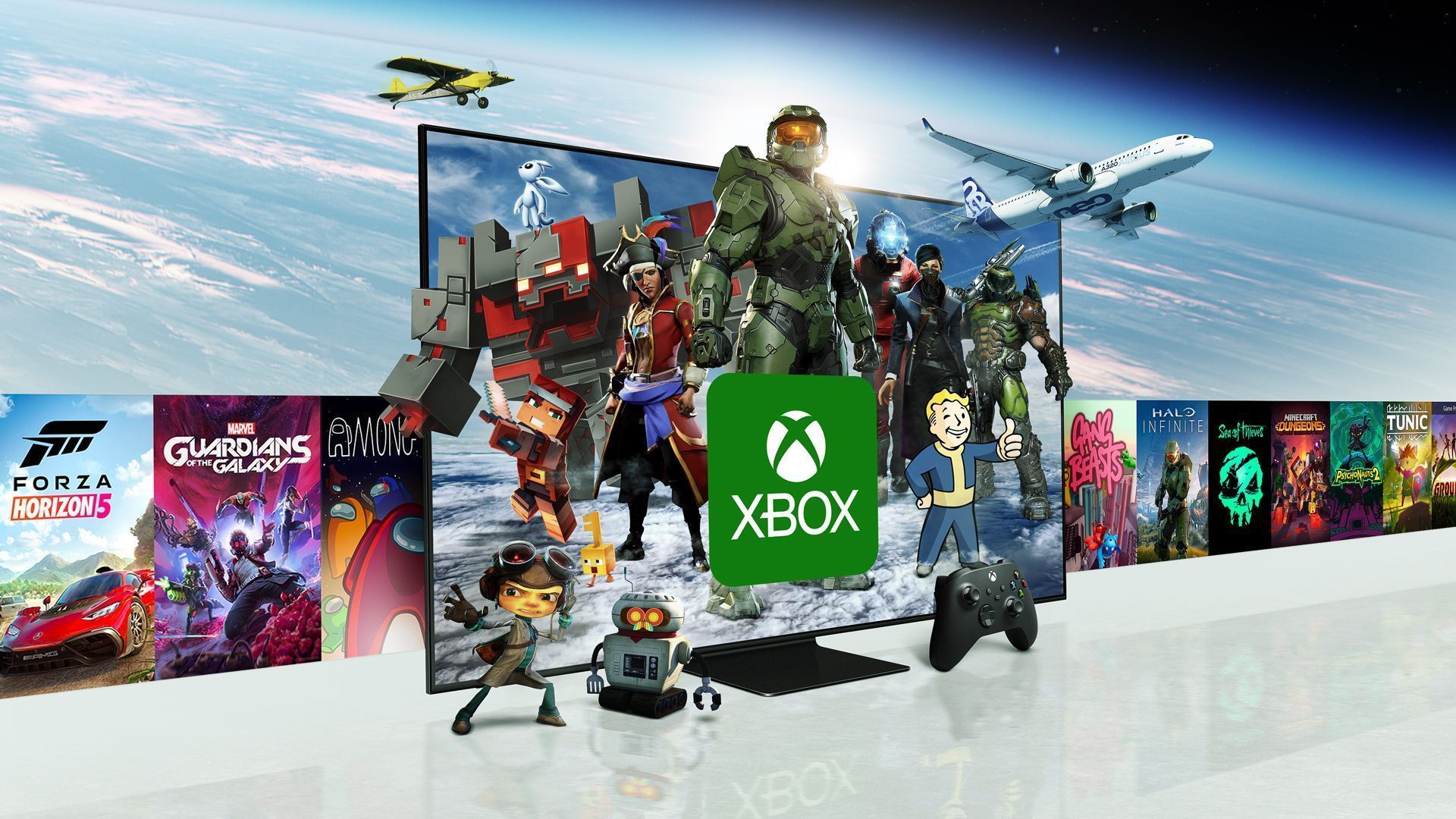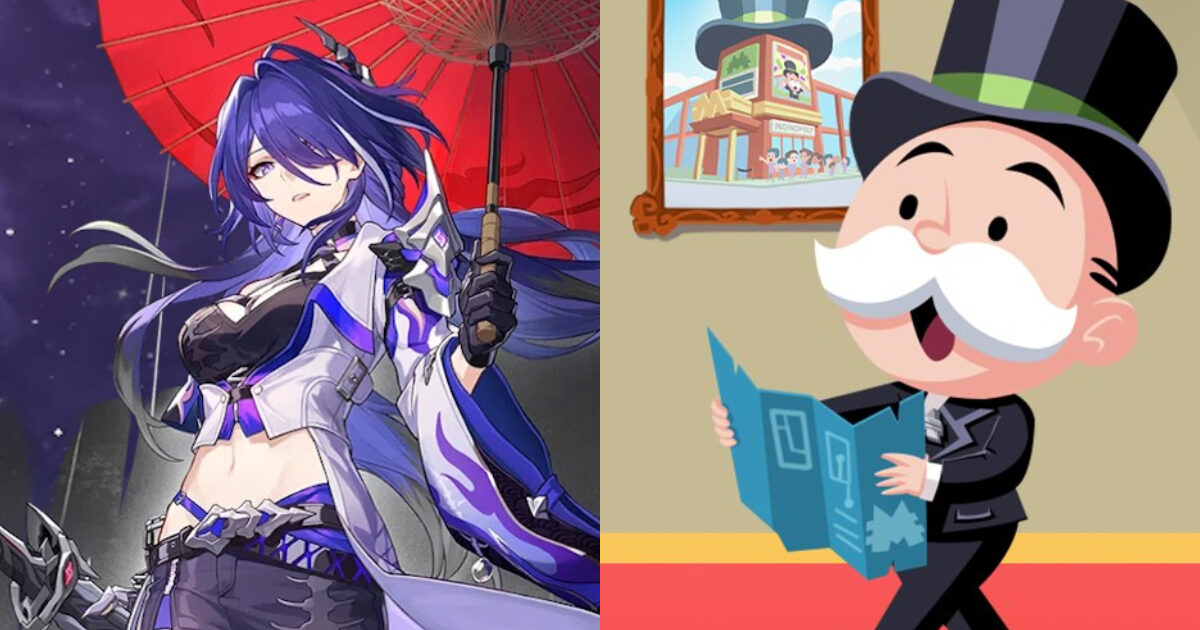What would a Game Pass dominated landscape look like? | Opinion
Sign up for the GI Daily here to get the biggest news straight to your inbox
There's plenty of interesting stuff in the documents released by the UK's Competition and Markets Authority (CMA) about its investigation into Microsoft's attempt to acquire Activision Blizzard, but the titbit that has perhaps attracted most attention is Microsoft's admission that a game appearing on Game Pass negatively affects its sales for at least a year.
That's relevant to the investigations underway at the CMA and elsewhere because understanding Game Pass and how it is reshaping the industry's commercial landscape is crucial to understanding the actual impact of this $70 billion proposed deal.
You'd be forgiven for greeting the news that putting a game onto a popular subscription service has a negative impact on its sales elsewhere with a shrug. It does seem terribly obvious – and in fact, it's really only news because it directly contradicts Microsoft's public statements on this issue in the past.
Back when Game Pass was in its infancy, the company claimed that putting games on the service would boost their sales elsewhere by driving visibility and word-of-mouth; it is now merely admitting to what pretty much everyone else has known all along.
Nonetheless, this has touched a few nerves, leading to a wide array of commentary from all sides of the peanut gallery (this column included) – some claiming that this is further proof that Game Pass is a disaster in the making for the industry, while others shrug it off as entirely irrelevant given the new business model involved. Much of it can be summarised as "this new information confirms my prior beliefs, which I will not be updating in any way," with the split over how Game Pass is perceived becoming almost tribal in some quarters.
Look, it's not great that Microsoft has not been upfront about this in the past – the attempt to spin Game Pass as a positive for paid sales because it would increase a game's playerbase was a long time ago (Phil Spencer was talking about it all the way back in 2018) but was extremely questionable even then.
It ran counter to the entire point of the Game Pass service, both for consumers and for Microsoft itself. If Game Pass wasn't cannibalising paid sales of the software it offered, it wouldn't be doing its job very well – this has always been designed as a business model that would become the dominant paradigm if successful, leaving paid sales as crumbs around the table.
Understanding Game Pass and how it is reshaping the industry's commercial landscape is crucial to understanding the actual impact of this $70 billion proposed deal
Yes, Game Pass drives a lot of word of mouth, but the whole point of Game Pass' marketing is that successful games on the service drive word of mouth for Game Pass, with any push that results in non-subscribers going out and buying the game separately being a marketing failure.
Consequently, yes: the fact that Game Pass is depressing paid sales isn't a problem, at least not for Microsoft. You don't create a paradigm shift without doing some actual shifting, in this case of revenues from one business model into another, and from Microsoft's point of view a negative impact on paid sales means Game Pass is doing its job in terms of putting the right content in front of the right audiences.
If there was no negative impact, you'd have to worry seriously about the "stickiness" of the Game Pass – the implication would be that customers of the service aren't getting the games they want from it, leading them to go out and buy them separately. That would raise tough questions about why they are subscribing, how much value they feel like they're getting, and what they find lacking from the content offering of the service.
From the perspective of third parties, there's certainly a less positive perspective you could take. There was a rosily naive notion being peddled in some quarters that services like Game Pass would be additive to existing business, as exemplified by Spencer's 2018 quote, and sure – if you're a third-party publisher who still believed that, perhaps you're upset to find that it's not the case.
I've yet to meet or speak to anyone who matches that description, though. People have been realistic for years about the cannibalisation of paid sales by subscription models, and most people are clear-eyed about the likelihood that up-front payment for games will be replaced by a metered cut of a platform holder's subscription revenue as the dominant model in time. The admission to the CMA just puts the rhetoric in line with the reality that everyone has been tacitly acknowledging all along.
The sky isn't falling and nobody has walked into this with their eyes closed – but that isn't to say that there are no problems here from the perspective of third-party publishers. Just because they knew this was happening and went along with it doesn't mean they were entirely happy about it or are thrilled about where this journey is leading.
This transition is yet another step away from having a direct relationship with consumers. Once, that relationship was moderated through retail stores and then platform digital storefronts, but at least there was a conceptual point at which a customer was actively buying a product from your company. On Game Pass, publishers take another step into the background. The customer relationship is with Microsoft, to whom they pay a subscription fee, and there's no direct transaction or active engagement with any publisher.
Those companies simply serve as content providers for the service, taking their cut of the revenue in return. Once powerful brands in their own right, they risk becoming just another title card people impatiently try to skip when they start up a game.
This is a very modern kind of business model, not dissimilar to companies like AirBnB, Uber, and Amazon, who have all disrupted their own markets (respectively, holiday rentals, taxis and food delivery, and pretty much the entire retail sector) in this way.

The real point of Game Pass isn't to curate a great selection of software to attract and lock in consumers – that's just a means to an end, which is the creation of an otherwise inaccessible consumer audience to lock in publishers. This is actually why it's so important for there to be healthy competition in this space – not so much to protect consumers from a monopoly, which is the CMA's focus (and indeed their purview), but to protect publishers and developers from a monopsony, which is likely to be where the real margin squeezing happens if Game Pass (or any other subscription service) becomes too dominant.
In this context, it's incredibly important to be on the level about how Game Pass impacts paid sales, because that gives us some measure of how likely we are to end up in a scenario where being on Game Pass (or any other subscription platform that becomes dominant) is the only way to reach consumers. This is a much more serious concern than something like the dominance of Steam in the PC digital distribution space.
While Steam enjoys enormous market power, there has never been anything stopping consumers from buying software elsewhere even while continuing to use Steam as their main storefront. Steam couldn't control access to consumers on an open platform like the PC, and the bar to entry for potential competitors was relatively low (technically, at least; actually challenging Steam's market power is a venture you could spend billions on without really making a dent, as Epic is painfully aware).
Game Pass, however, is not a storefront – it is a paid subscription service, and there is a clear barrier to someone who is paying for a huge library of games choosing to spend more money on something outside that library. This does not just apply to games on the service, though they feel the impact most of all; it will also increasingly apply to games as a whole, with the expectation that they'll eventually pop up in a subscription library depressing software sales across the board.
Whether you think that's a disaster for the industry is largely a personal judgement. It's worth noting that not all third-parties are on the same footing here, though. If you're a major publisher that has traditionally enjoyed a direct relationship with your consumers, Game Pass is arguably a threat to your business – but if you're a small publisher or a self-publishing developer, for whom discovery has been the far bigger challenge, Game Pass' limitations in this regard are largely unimportant and its promise is enormous.
If you don't like the answer that comes to mind for that question, though, here's another: is it already too late to turn back the clock?
It's not a surprise that so many indies are sweet on the Game Pass deal – the need to work through a publisher (for most of them) has always meant signing away control of the consumer relationship to a bigger company anyway, and dealing with Microsoft for Game Pass effectively cuts a layer out of the value chain and creates major opportunities for game creators who might otherwise have faced languishing in the B-tier of a third party publisher's line-up.
It's those third party publishers who face the potential squeeze from this new business model as it inexorably moves to absorb more of the industry's revenues. With independent studios finding Game Pass deals much more attractive than working through a publishing partner in many cases, and consumers increasingly disconnected from the publisher as a brand, it's not unfair to wonder what, other than a stable of licensable IP and some financial clout, the major publishers would have to offer in a world dominated by subscription services.
If you don't like the answer that comes to mind for that question, though, here's another: is it already too late to turn back the clock? Game Pass is already devouring paid sales and setting new expectations for millions of consumers. Rivals like Sony are reluctantly copying its ideas (albeit not terribly well at the moment) rather than challenging them with different approaches.
There are many companies out there who see opportunity and potential in this change – but for those who are starting to suspect that they'll be on the losers' side of this paradigm shift, the option of turning back might already be off the table.

